Breitbart Business Digest: Looking to the Labor Market for Signs of Inflation Progress
This week we will see crucial evidence on the progress of the Federal Reserve’s campaign to loosen labor market conditions.

This week we will see crucial evidence on the progress of the Federal Reserve’s campaign to loosen labor market conditions.

We strongly suspect that retail sales through the holiday season will disappoint.

The economy is not going to make it easy for Federal Reserve chairman Jerome Powell to bring inflation down to the central bank’s two percent target.

The more we learn about FTX, the worse it looks.

It remains to be seen if Bob Iger has the strength of character to push back against the economically destructive wokeward tilt at Disney.
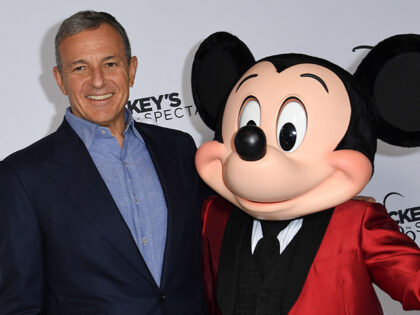
It was not a great day to be a billionaire oligarch savior of humanity.

Here we go again. The Commerce Department on Wednesday said that consumer spending grew by 1.3 percent compared with September, when spending was unchanged with the prior month. Compared with a year ago, retail sales were up 8.9 percent. Total

The founder of FTX is reportedly spent the weekend trying to raise a new round of financing to plug the $8 billion hole in his firm’s balance sheet.

The new call for a crypto super fund sounds a lot like a similar proposal launched in 2007 before the ensuing global financial crisis.

The best that Sam Bankman-Fried could hope for at the start of this week was that his crypto exchange FTX would turn out to be the equivalent of Bear Stearns. Instead, it turned out to be Lehman Brothers.
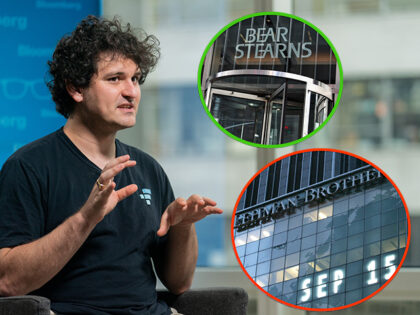
“It’s only when the tide goes out that you learn who has been swimming naked,” Warren Buffet famously said.

We’re headed for a recession next year and there will be little chance for fiscal policy or monetary policy to provide relief.
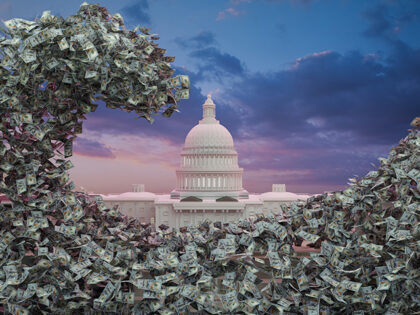
The prospects for Democrats to hold their majorities in Congress are exceedingly slim.

Inflation is hands down the most important issue on the minds of Americans on the eve of the midterm elections.
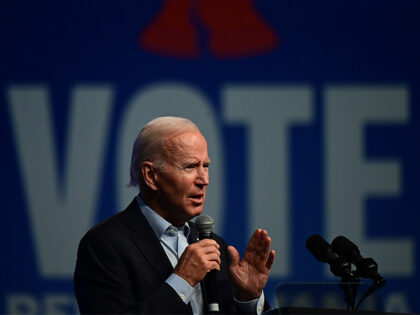
Friday’s jobs numbers raise the risk that inflation may stick around a lot longer than almost anyone expects.
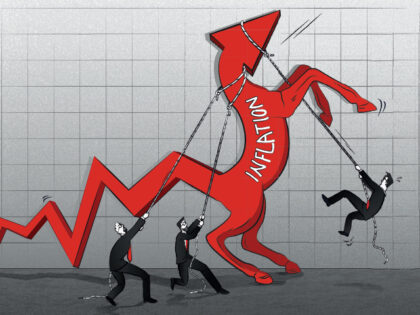
If you want to figure out where monetary policy is heading next, watch the labor market.
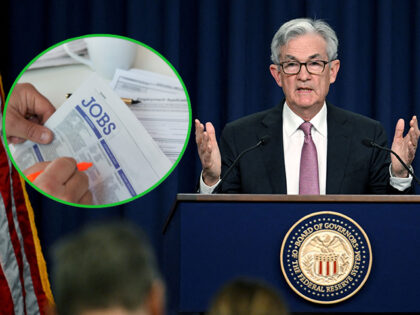
The poet and essayist Ralph Waldo Emerson is often credited with advising that “life is a journey not a destination.” Federal Reserve Chairman Jerome Powell on Wednesday told us that for the Federal Reserve, it is the destination that matters more than the journey.
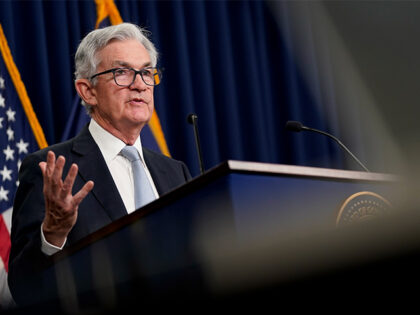
Seventy-two percent of voters say the economy is “poor” or “not so good.”
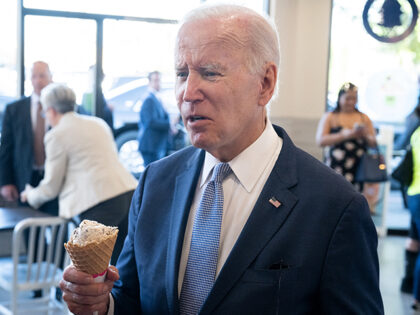
Team transitory is gone. Meet team “overcorrection.”
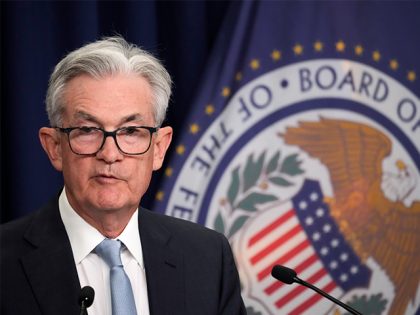
Yesterday’s report on third-quarter gross domestic product included a seemingly hopeful bit of data on business investment. Unfortunately, it was probably just another head fake.

The specter of a coming economic slump haunts the return to growth shown in U.S. economic data for the third quarter.

The economy very likely grew in the third quarter, but that growth will not last.
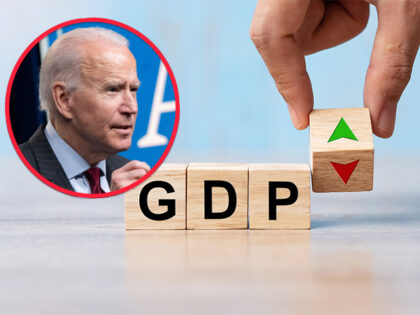
We got more evidence on Tuesday that we are headed for at least a bout of recessionary stagflation.
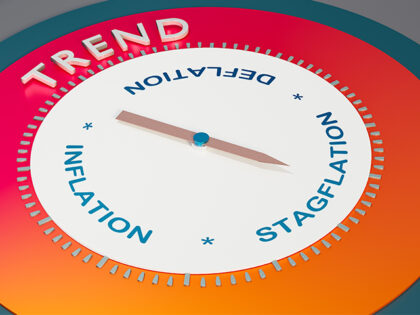
Instead of trying to stave off a downturn, the Biden administration appears to be trying to pre-blame Republicans for it.
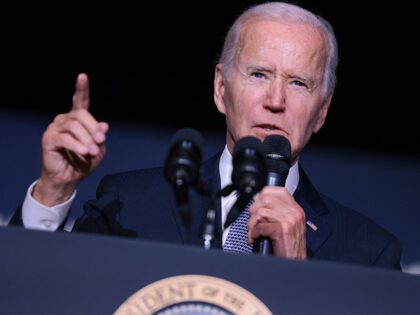
Are we too optimistic about the U.S. economy?

The staff of the Federal Reserve board believe the potential output of the U.S. economy is even lower than thought.

It looks like Bidenflation is preparing to steal Christmas again this year.

The U.S. economy has decoupled from itself. The bad news is that the Federal Reserve wants to put it back together.
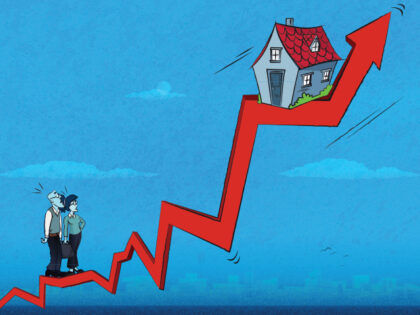
Halloween spending points toward another disappointing holiday shopping season.

You might have thought that we would get a respite on bad inflation news after the hotter-than-expected prints from the producer price index and the consumer price index. You would have been wrong.

One of these days the professional economists who forecast inflation will stop underestimating the pace of price increases. That day was not today.
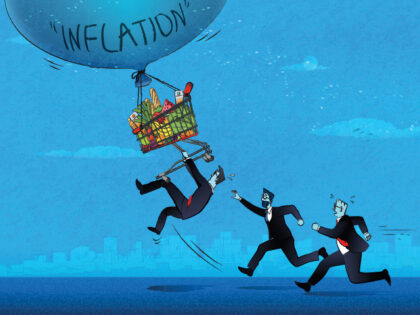
Treasury Secretary Janet Yellen said in an interview yesterday that she “was in good company in failing to see that inflation would increase and remain as persistent as it has.”
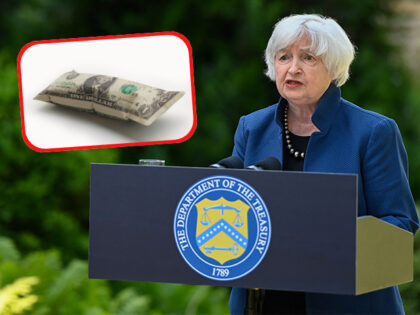
The housing market in the U.S. will likely continue to see lower sales, less building, and prices decline from recent highs.

How much does the American public trust the Federal Reserve when it says it will bring down inflation in the near-term?
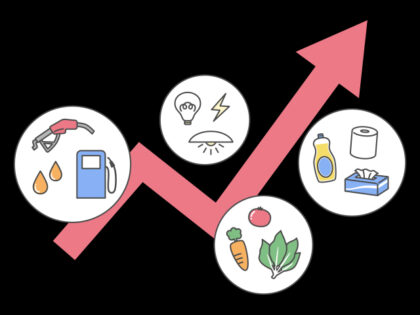
The September jobs report showed that the labor market was stronger than expected, which probably locks in another 75-basis point hike when Federal Reserve officials meet again next month.

The Department of Labor will issue its report on September payrolls, unemployment, and wages on Friday. It may be the most hotly anticipated jobs report in recent memory.
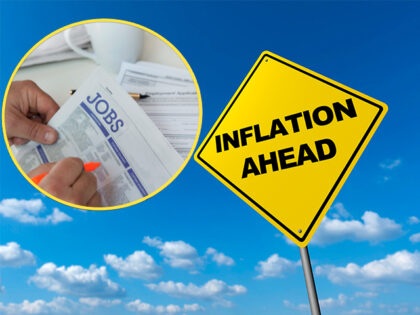
“Do not taunt your neighbor with the blemish you yourself have,” the Talmud instructs us.

Yesterday we explained that good news is bad news. Financial markets on Tuesday confirmed the corollary: bad news is good news.
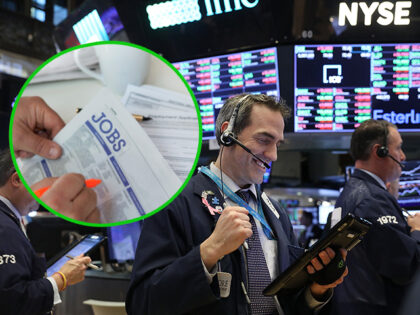
Every piece of good news about economic growth will be interpreted by the Federal Reserve as a sign that financial conditions are not tight enough to bring down inflation.
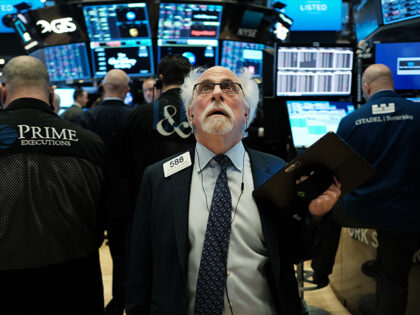
Our call that the factors that brought inflation down in July had run out of steam looks pretty good in light of the most recent report on personal consumption expenditures.
